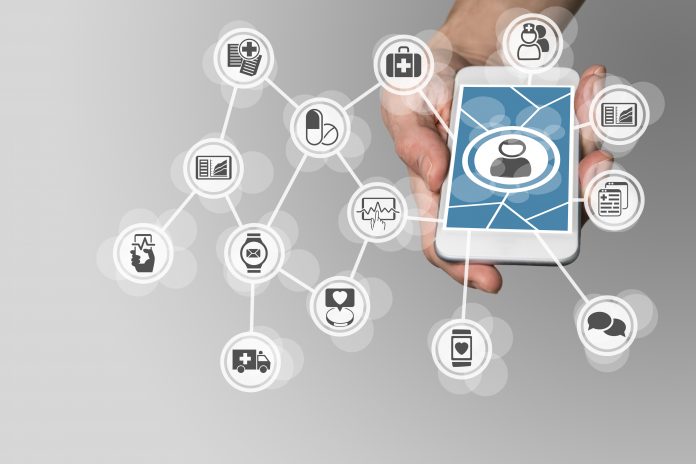Have you downloaded the COVIDSafe app? Or are you holding off because of apprehensions around the app’s privacy settings and fears around the misuse of personal data?
Whatever side of the fence you sit on, the misinformation and mistrust of Australia’s COVIDSafe app has highlighted the need for standards to scope, develop, assess and roll out e-health services, according to Flinders University digital health experts.
The COVID-19 pandemic has heightened the need for a more robust framework for analysis of technological advances and mobile health applications.
This is especially true for technologies that have clinical security and patient privacy implications, as stated by the Flinders Centre for Digital Health Research authors in a new journal article: ‘Contextualising Digital Health Contributions to Fighting the COVID-10 Pandemic’ (Maeder, Bidargaddi and Williams 2020).
With new digital health responses (e.g. mobile tracking, telehealth, big data/AI, etc.) playing a vital role in the fight against COVID-19, the authors are calling for a wider use of a clear map of the ecosystem so these responses can be appraised.
“In a rapidly changing environment with the increasing development of mobile health, issues related to all aspects of user expectations must be well thought out,” Flinders Digital Health Research Centre’s Co-Director, Professor Anthony Maeder said.
“We hear so much about the threat of IT – and not only COVID-19 related IT – based on opinion and supposition rather than systematic analysis.
“Instead we need to recognise and respond to the need for guiding a sensible, balanced, broad-based discourse on IT innovation in the public domain, weighing the benefits against the risks.”
Flinders Professor of Digital Health Systems, Trish Williams adds that this is highly relevant in the context of the Australian Government’s opt-in contact-tracing app, which continues to rekindle issues of privacy and misuse of personal data in health contexts.
“Especially in health applications, there is a tendency for digital (and other technology) solutions to be seen as a ‘black box magic’ and to focus on the potential for scary negative impacts,” she said.
“We would like to offer a rational framework, which provides a 360-degree perspective to characterise new digital health contributions and facilitates more balanced discussion.”
A successful framework would link the technology issues (making them scalable, sustainable, reliable and trusted) with core needs of health goals, the systems and key stake holders.
To read the article, visit: journals.ukzn.ac.za/index.php/JISfTeH/article/view/1659








